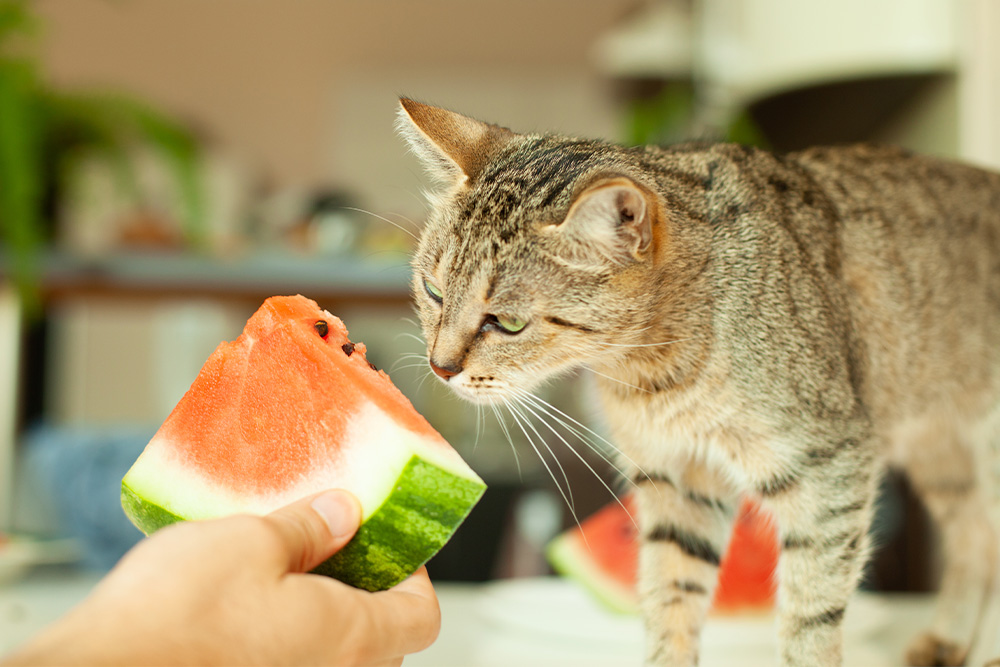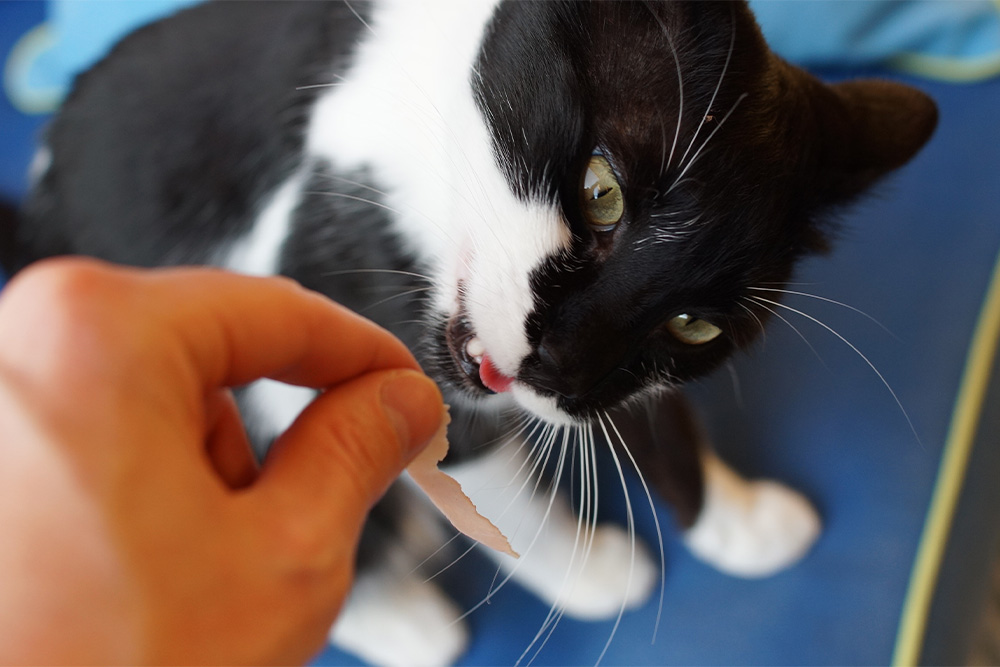Can Cats Eat Popcorn?
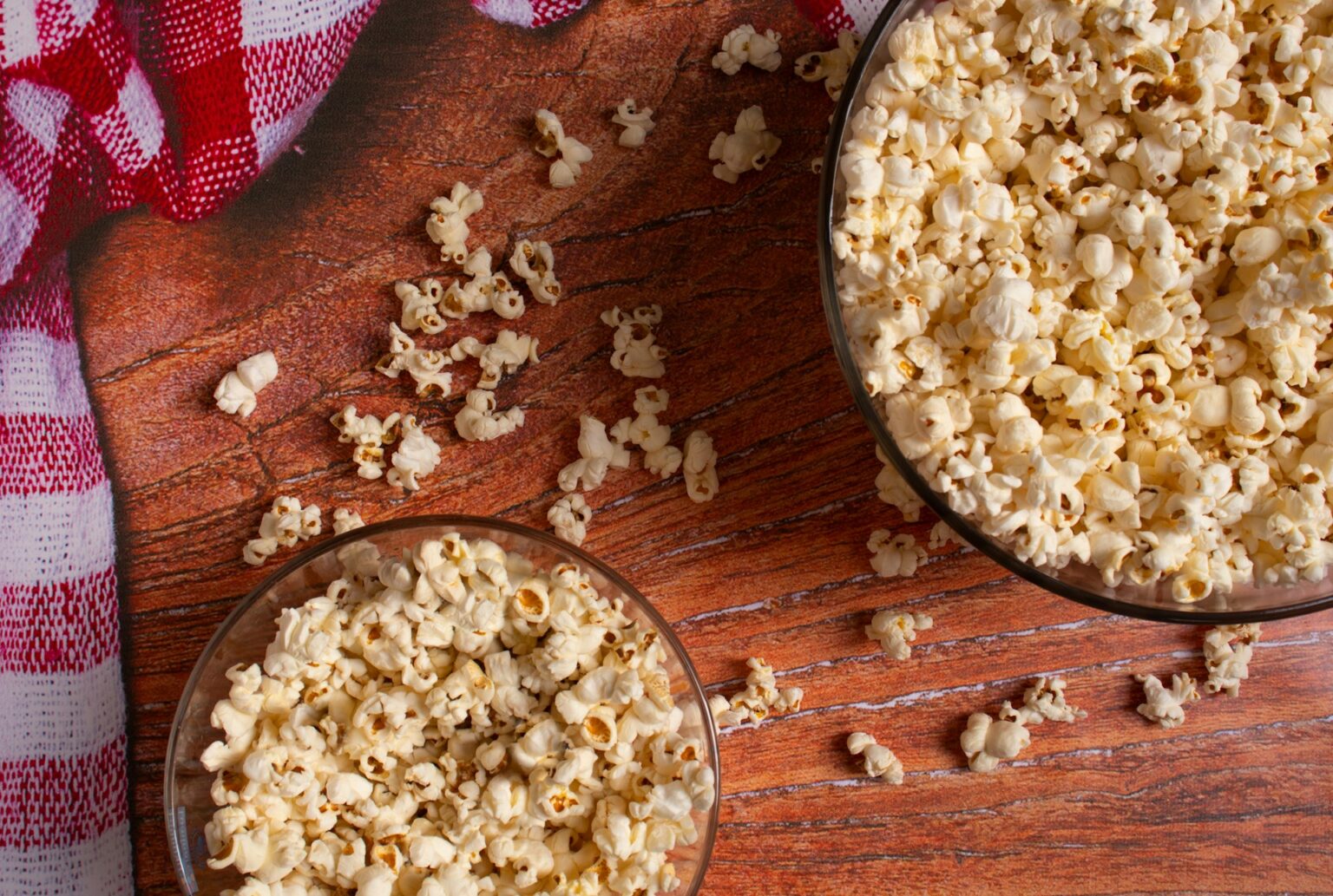
Snack foods are perceived as junk foods due to their high fat and sugar content. But some might provide you with more than just a light snack between meals. Some research has shown that when opting for multi-grain products, snacking can positively affect health. One such snack is popcorn. This tasty snack of crunchy corn kernels is an alternative to many other snacks, like potato chips. Popcorn is not only low in calories but is also high in many beneficial components, which makes it the perfect snack. Does your kitty also want to eat popcorn while watching a movie with you on the couch? Let’s find out if popcorn is safe for cats.
Is Popcorn Safe For Cats?
There are fussy felines, and then there are the cats who treat any food that you happen to drop on the floor as a buffet. Those cat owners who have such a nosy cat just have to be careful that the cat does not accidentally eat something poisonous. Many things people eat are toxic to pets. Does that include popcorn? Can cats eat popcorn?
Additive-free popcorn does not have any toxic substances for cats. So, yes, cats can eat popcorn in moderation. It should not hurt your cat in small amounts. However, there are health issues to keep in mind before providing your pet with this crunchy treat. Learn more to keep your cats safe.
How To Feed A Cat Popcorn?
You can feed your cat a little popcorn if they won’t stop bugging you for it. Just ensure your snack does not add extra ingredients that could harm your cat. The best way to make popcorn for your cat is plain (no salt, butter, or anything else). Microwave poppers might be bad because they contain flavorings and other chemical components.
Before you give popcorn to your cat, make sure that the pieces of corn are not too big or hard. Popcorn is also a choking hazard for your cat; therefore, you should only give small pieces of popcorn. The fluffy white portion of the popped corn should be removed from the hard shells. Ensure the popcorn is not too hot and cool it for eating. And although your cat likes popcorn, don’t offer it to them on a daily basis. Popcorn is not something that cats should eat too often, so do not make a habit of giving your cat popcorn.
The final consideration relates to food allergies. Just like humans, kitties can be allergic to different products, such as popcorn. So, when you give your cat popcorn to chew, look at your pet’s reaction. The symptoms of an allergy to popcorn are breathing problems, skin reactions, or vomiting. When your cat has such issues, go to the vet.
Is Popcorn Healthy for Cats?
Cats can eat popcorn that does not contain any harmful additives. Some experts suggested that non-buttered popcorn can be an accepted snack for your pet. It is low in calories, so they also eat and are good for pets suffering from obesity. As long as pet owners are providing their cats with a healthy, balanced diet, small amounts of popcorn on occasion should not be a problem. That aside, popcorn does not contribute much to the well-being of cats, so this food is a no-no for everyday consumption.
Popcorn does offer some fiber and other things, but these aren’t necessary for cats. Nature has made cats carnivores so that meat-based products provide them with the most energy and nutrients. Plant products are not essential in cats’ diets to maintain good health, which means you can skip the popcorn on their menu. Grains like popcorn may be acceptable if your cat really likes them, but try to limit them in your pet’s diet.
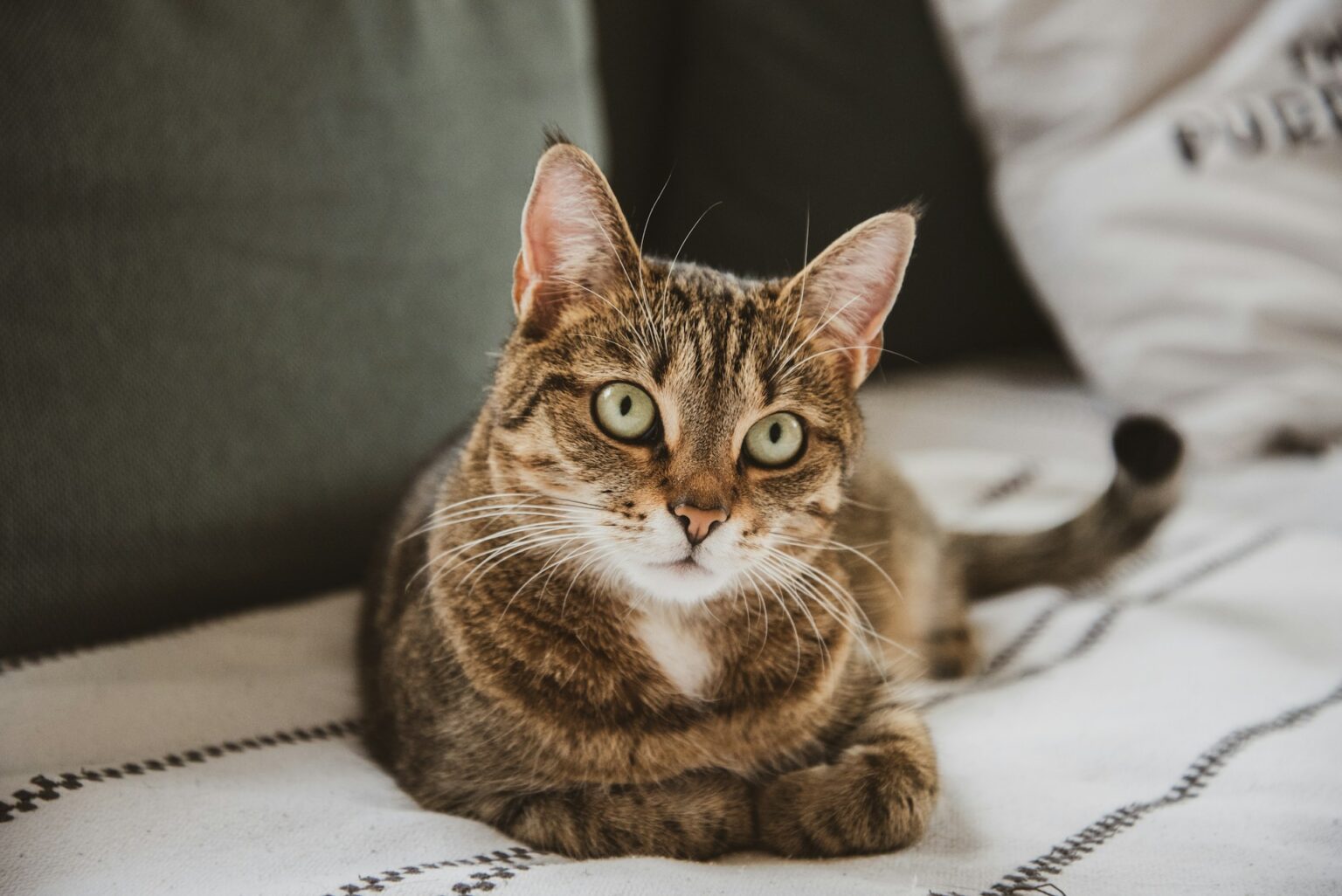
Summary
Cats can eat popcorn. So, if your cat snatches this crunchy snack as it runs off from your bowl, don’t be worried. But plain popcorn, with no harmful additives, is much safer for cats. Note to feel free that your cat can choke on a big part of corn and pay attention to allergic reactions. There is no benefit of popcorn for healthy cats; we can easily omit them in their diet. Nevertheless, if your cat is really adamant about popcorn, you can give it a small amount of this delicacy with caution, and if in doubt, ask your vet.
Source
- Iveta Becvarova (2011). Canine and feline obesity: frequently asked questions and their answers.
https://pubmed.ncbi.nlm.nih.gov/22101449/
